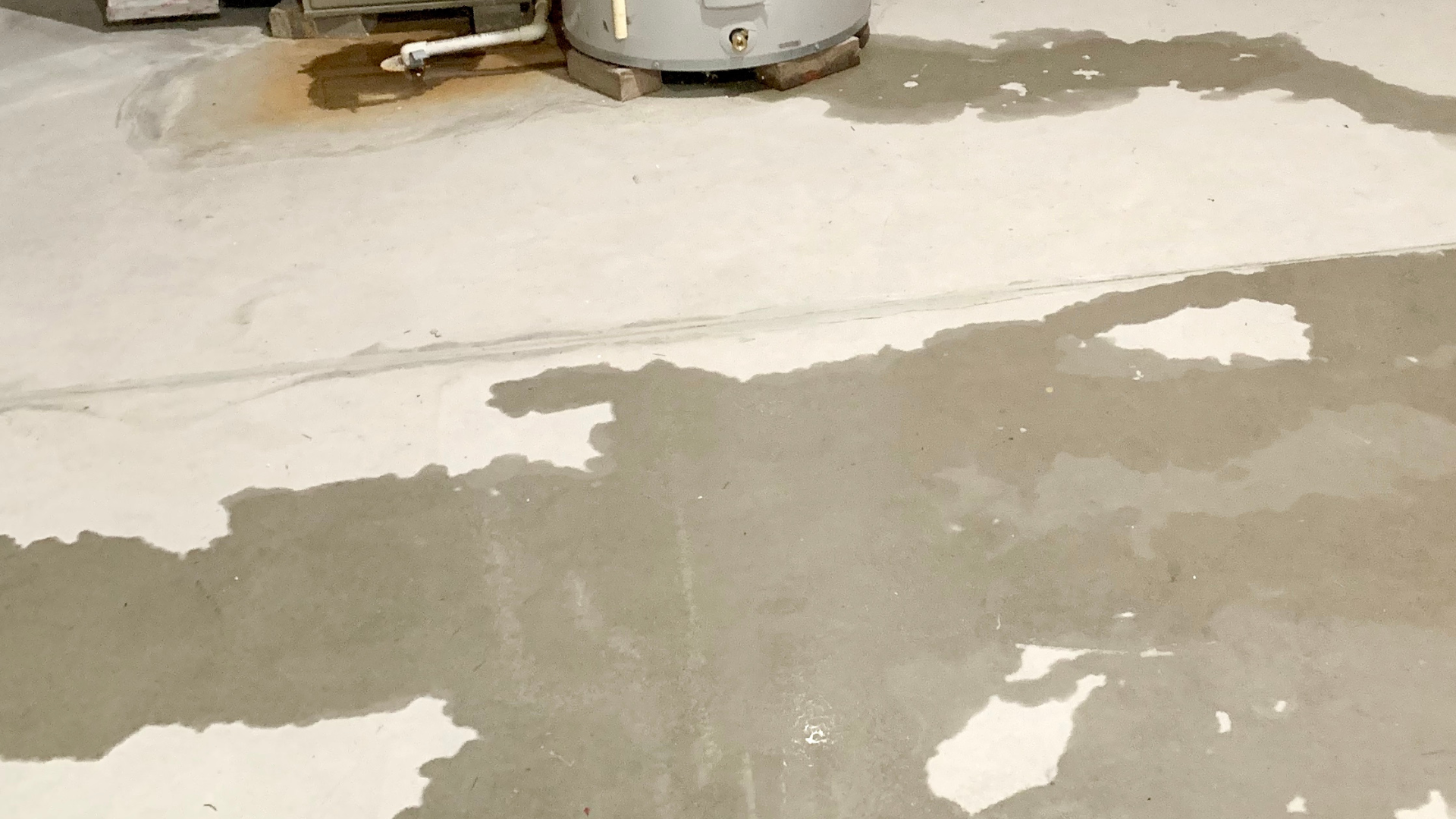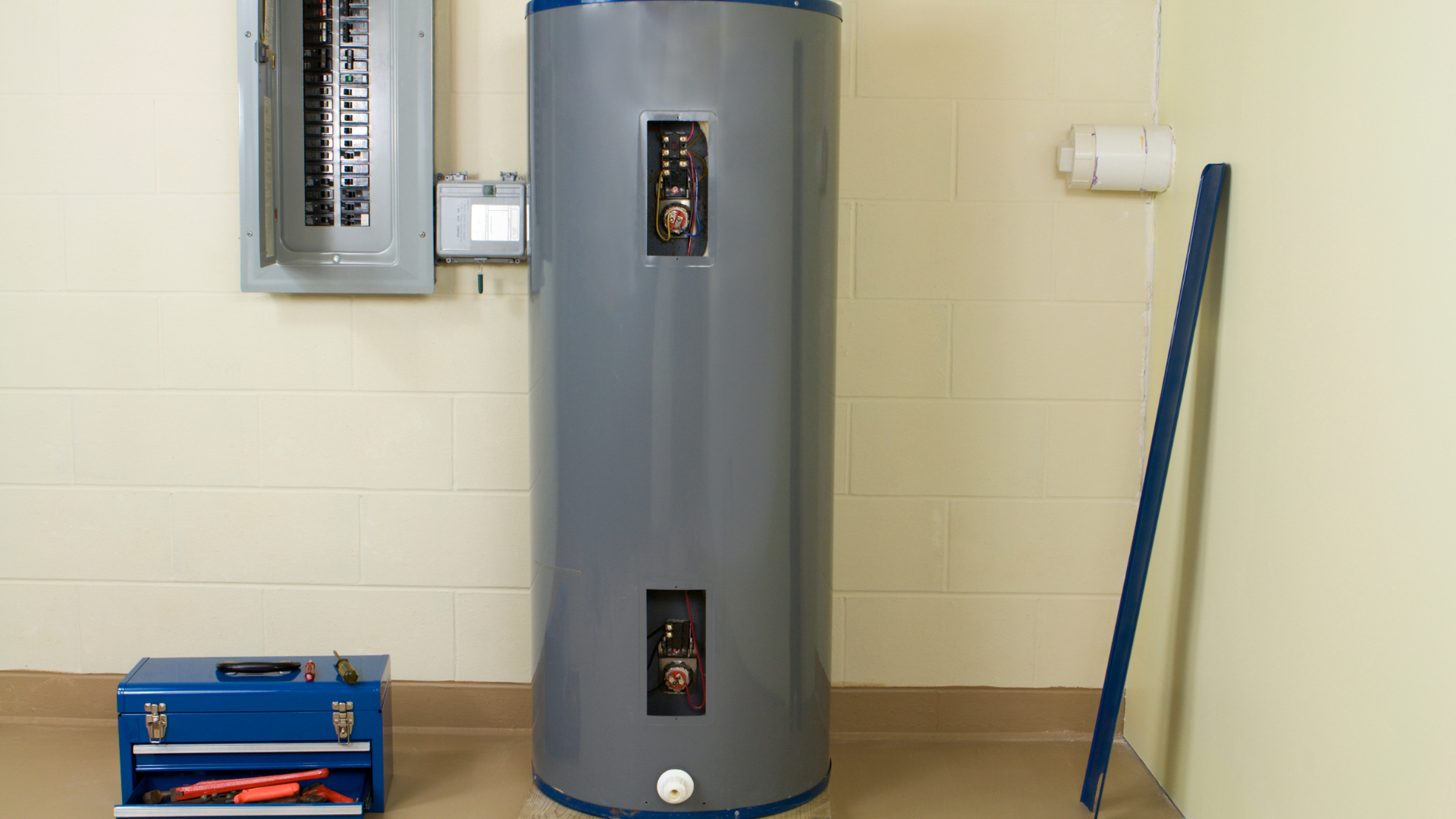The Shifting Landscape: How Private Equity is Reshaping the HVAC Industry
How Private Equity is Reshaping the HVAC Industry

The familiar local heating and cooling company, often a bedrock of community trust and personalized service, is increasingly becoming a target for a powerful force: private equity (PE) firms. Across the country, these investment groups are actively acquiring independent HVAC businesses, consolidating them into larger entities with a focus on maximizing profits. This trend has significant implications for both the industry and, more importantly, the homeowners who rely on these essential services.
The Rise of Private Equity in HVAC
Private equity's interest in the HVAC sector isn't random. Several factors make it an attractive investment:
- Recession-Proof Demand: Heating and cooling are essential services, regardless of economic conditions. This provides a stable, predictable cash flow.
- Fragmented Market: The HVAC industry has historically been dominated by a vast number of small, independent businesses. This fragmentation presents a prime opportunity for PE firms to consolidate, streamline operations, and achieve economies of scale.
- Recurring Revenue: Service contracts and planned maintenance agreements offer steady, predictable income streams.
- Technological Advancements: The shift towards energy-efficient systems, smart home integration, and evolving environmental regulations (like refrigerant transitions) creates a need for capital investment and specialized expertise that PE firms can provide.
- Aging Business Owners: Many long-standing HVAC business owners are reaching retirement age and are looking for an exit strategy, making them willing sellers.
PE firms typically employ a "rollup" strategy, acquiring a "platform company" and then expanding by purchasing numerous smaller businesses, often within the same region, to quickly scale. Their goal is generally to grow the acquired businesses rapidly and then sell them off within 5-7 years for a significant return on their investment.
Benefits and Detriments of PE Investment
The influx of private equity brings both potential advantages and notable drawbacks for HVAC companies and their customers.
Potential Benefits:
- Access to Capital and Resources: PE firms can infuse significant capital, allowing acquired companies to invest in new technologies, expand services, and upgrade equipment.
- Operational Efficiencies: They often bring management expertise, introduce new technologies, and implement standardized processes that can improve efficiency and reduce costs.
- Expanded Service Areas: Consolidation can lead to a wider geographic footprint, potentially offering homeowners more consistent service across different locations.
- Career Opportunities (for some): For some employees, particularly at the management level, PE acquisition can open doors to new roles and growth within a larger organization.
Significant Detriments:
- Shift in Priorities: From Service to Profit: The core objective of private equity is to generate high returns for investors within a relatively short timeframe. This often translates to a shift in focus from long-term customer relationships and service quality to aggressive sales targets and maximizing short-term profits.
- Aggressive Sales Tactics: Homeowners may experience increased pressure to purchase unnecessary services, upgrades, or expensive equipment, even if their existing systems are perfectly adequate. Technicians may be incentivized or pressured to upsell.
- Rising Costs and Reduced Competition: As PE firms acquire multiple companies in a market, true competition can diminish. This can lead to higher prices for services and equipment, as homeowners have fewer truly independent options.
- Decline in Service Quality: Cost-cutting measures may lead to reduced wages, fewer benefits, and increased pressure on technicians. This can result in higher employee turnover, particularly among experienced technicians, leading to less consistent service, longer wait times, and less experienced professionals performing repairs.
- Loss of Personalized Service: The "one-size-fits-all" approach often implemented by larger corporate entities can erode the personalized touch and local expertise that smaller, family-owned businesses traditionally offer.
- Opaque Ownership: PE firms often retain the original company's branding and name, making it difficult for homeowners to discern if they are dealing with a locally owned business or a private equity-backed conglomerate.
How Homeowners Can Protect Themselves
Navigating the evolving HVAC landscape requires diligence from homeowners. Here are steps you can take to protect yourself from being taken advantage of:
- Do Your Research: Before hiring an HVAC company, take the time to research their ownership. A quick online search for "[Company Name] private equity" can often reveal if they've been acquired. Look for vague ownership information on their website or if multiple brand names are "powered by" a single parent company.
- Seek Multiple Bids from Independent Companies: Always get at least three estimates for any significant repair, maintenance, or installation work. Crucially, ensure these bids come from truly independent companies, not different brands under the same corporate umbrella. Ask directly about ownership.
- Prioritize Trust and Reputation Over "Deals": Be wary of "too good to be true" offers, such as "free" furnaces with the purchase of an air conditioner, as these often have hidden costs or significantly marked-up prices elsewhere. Focus on companies with a strong, long-standing reputation in your community for fair pricing and quality work.
- Ask About Technician Compensation and Training: While not always directly answerable, a company that invests in its technicians through fair wages, benefits, and ongoing training is more likely to retain skilled employees and provide better service. High staff turnover can be a red flag.
- Understand Service Contracts: If considering a service contract, read the fine print carefully. Understand what is covered, what isn't, and the terms of renewal. Ensure it aligns with your actual needs and doesn't push unnecessary services.
- Trust Your Gut: If a technician seems overly pushy, focuses more on sales than diagnostics, or tries to scare you into immediate, expensive repairs, it's a sign to get a second opinion.
- Support Truly Local Businesses: Whenever possible, choose HVAC companies that are genuinely locally owned and operated. These businesses often have a greater stake in their community reputation and are more likely to prioritize customer satisfaction over short-term profits. Don't hesitate to ask about their ownership structure.
The private equity wave is undeniably reshaping the heating and cooling industry. While it can bring capital and efficiency, homeowners must remain vigilant to ensure they receive quality service at a fair price. By being informed and proactive, you can continue to find reliable HVAC professionals who prioritize your home's comfort and your peace of mind.
Sources:
- Spurk HVAC: How Private Equity is Reshaping the HVAC Industry: https://spurkhvac.com/how-private-equity-is-reshaping-hvac-what-it-means-for-homeowners/
- ACHR News: Next Stage of Private Equity Could Lead to Bigger Payouts: https://www.achrnews.com/blogs/17-opinions/post/164627-next-stage-of-private-equity-could-lead-to-bigger-payouts
- Northwind Air Conditioning, Heating & Mechanical Services: Private Equity's Growing Grip on the HVAC Industry: https://www.northwindac.com/private-equitys-growing-grip-on-the-hvac-industry/
- Lozier Heating & Cooling: Why Choosing A Local HVAC Company Matters For Your Home: https://www.lozierheatingcooling.com/blog/locally-owned-vs-private-equity-hvac-providers-whats-the-difference
- Carini Home: Local HVAC Companies vs Big Corporations: Why It Matters: https://www.carinihome.com/local-hvac-companies-vs-big-corporations-why-it-matters/
- Heat Pumped: Plunder: how Private Equity is reshaping HVAC: https://www.heatpumped.org/p/plunder-how-private-equity-is-reshaping-hvac
- Extu: Navigating HVAC Industry Trends in 2025: https://extu.com/blog/navigating-hvac-industry-trends/
Click Another Article to Read More










